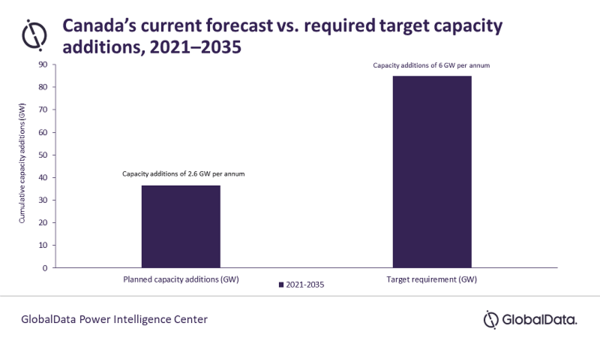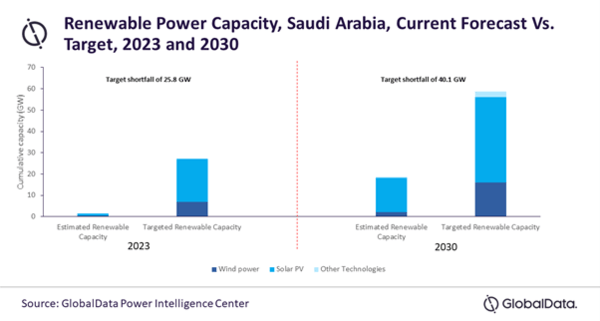News Release from windfair.net
Wind Industry Profile of
G7 fails in climate protection
In all the discussions about energy cost explosions, replacement of Russian gas, concern about Ukraine's Zaporizhzhya nuclear power plant and the dispute over the continued operation of old nuclear power plants, one fact almost gets lost: The world is not doing enough to protect the climate. Although the Paris Agreement has set a path of 1.5 degrees Celsius for maximum tolerable global warming since 2015, the measures taken are far from sufficient to achieve this goal.
This has now again been confirmed by a new study by the CDP, which has taken on the task of disclosing the environmental impact of investors, companies, cities, states and regions. Based on current corporate emissions reduction targets, there is no corporate sector in any G7 country decarbonizing fast enough to meet the 1.5°C target from the Paris Agreement.
The report notes that companies in Germany and Italy have the most ambitious emissions reduction targets in the G7 right now, however even those targets would only be enough for 2.2 degrees of warming, according to CDP. U.S. (2.8 degrees) and Canadian companies rate particularly poorly, with targets averaging as low as 3.1 degrees of warming.
Fittingly, recent calculations by GlobalData show that Canada is also expected to miss its 2035 clean power target. Originally, the plan called for nearly 100 percent of electricity to come from renewables. But the rate of additions in Canada is too low, resulting in a deficit of 48.4 GW in 2035.
Attaurrahman Ojindaram Saibasan, energy analyst at GlobalData, commented: "Canada has good governmental support, but it is not doing enough to ensure its targets are met. If the country is to meet its target to produce nearly 100% of electricity from zero-emitting sources by 2035, it should both increase the capacity and efficiency of renewable power plants, as well as provide comprehensive end-to-end policies at both the federal and provincial levels. It should also involve communities and businesses in raising awareness of the benefits of adopting renewable energy."

The transformation of Canada's power sector is going too slowly. More companies would need to set ambitious targets to advance emissions reductions in Canada (Image: GlobalData)
Apparently, awareness about climate change plays a big role. Science-based targets, in particular, make for more ambition, as CPD points out: overall, companies with science-based reduction targets have cut their emissions by 25% since 2015. So the high temperature levels the study shows for Canada and the U.S. are largely from companies that have not set targets at all, not from companies that lack ambition.
Public pressure plays a major role in climate protection - accusations of greenwashing are bad for the image. In Europe, where more companies publish their reduction targets overall with a critical public following up on them, the targets set by companies are much stricter, as shown by the figures for Germany and France, which ranks third in the study.
While awareness of climate change is only slowly catching on in North America compared to Europe, other regions in the world are far worse: CDP cites Asia as a reference here, which is heading for a temperature rise of 3 degrees with current reduction targets.
Laurent Babikian, Global Director Capital Markets at CDP, explains the problem: "The most important driver of rapid emissions reductions in line with the Paris agreement is ambitious target setting. It is not acceptable for any country, let alone the world’s most advanced economies, to have industries displaying so little collective ambition. Armed with this information, governments, regulators, investors and the public must demand more from high-impact companies without climate targets."

Saudi Arabia is already lagging mightily in the expansion of renewable energy. That has implications from attempts to decarbonize the economy (Image: GlobalData).
As a negative example, Saudi Arabia will foreseeably fall far short of its climate change targets for 2030. For the milestone target at the end of next year alone, current figures show a shortfall of 25.8 GW of renewables, which are considered the basis for decarbonization. Saibasan: "Its issues range from low transparency to a lack of skilled human resources, an overarching bureaucracy [...]. Enforcement of contracts is also a concern. Further, the country is known to be a difficult location in which to start a business, it has low levels of international trade, and there isn't a robust insolvency resolution system in place.”
So things continue to look bleak for saving the world.
- Author:
- Katrin Radtke
- Email:
- press@windfair.net
- Keywords:
- CDP, G7, study, report, Paris Agreement, decarbonisation, renewable energy, efficiency, global warming, economy, target
























